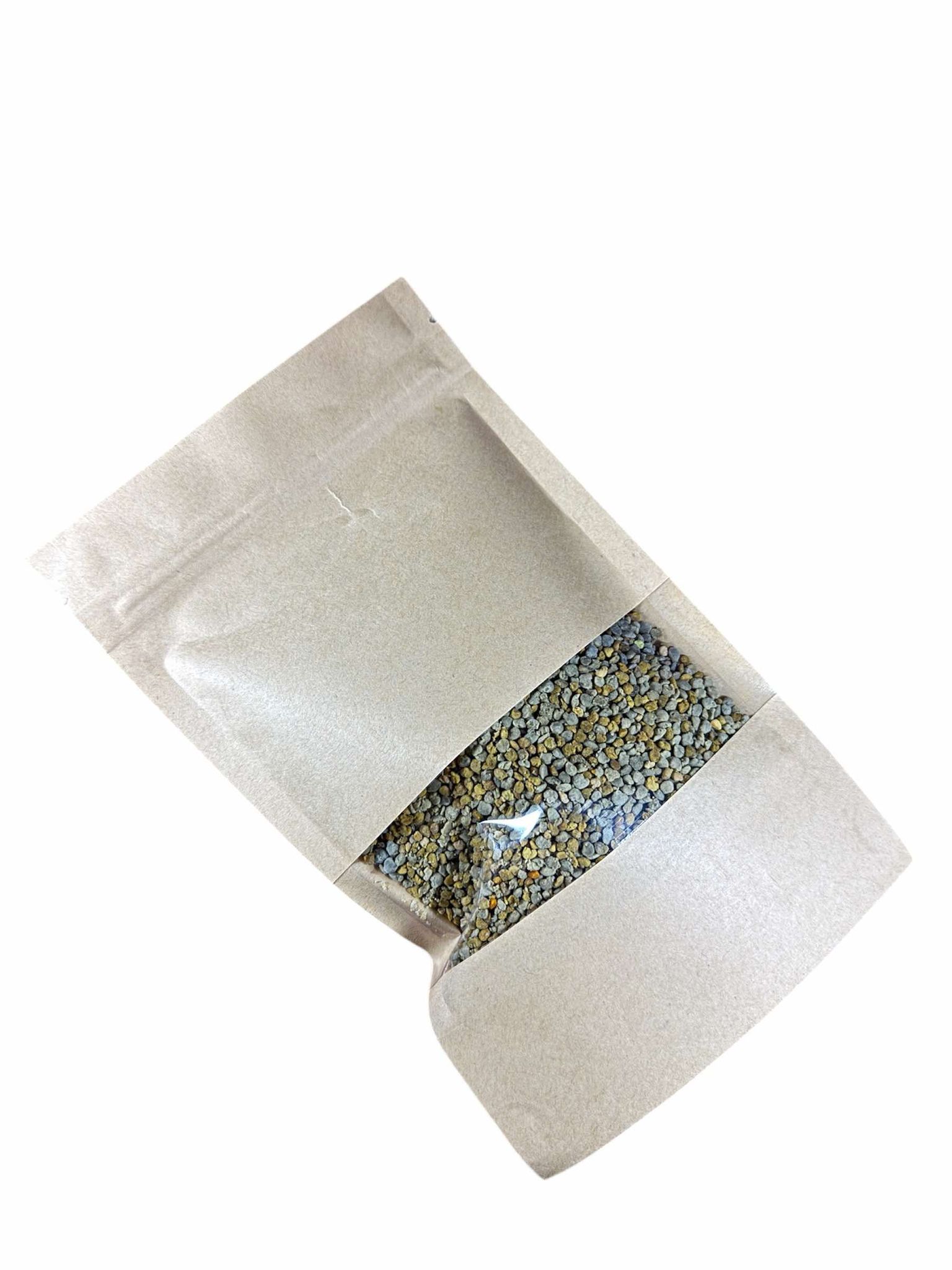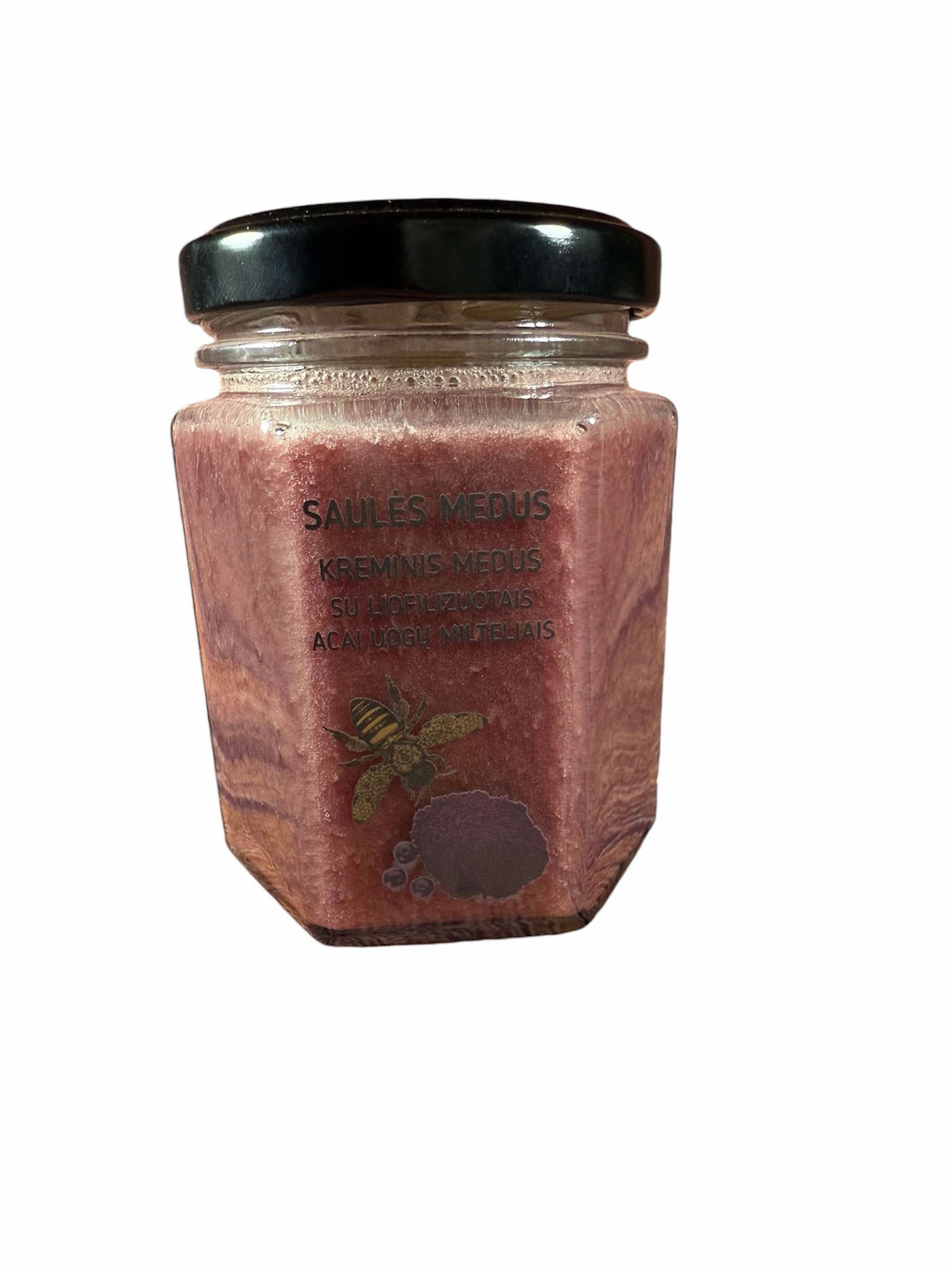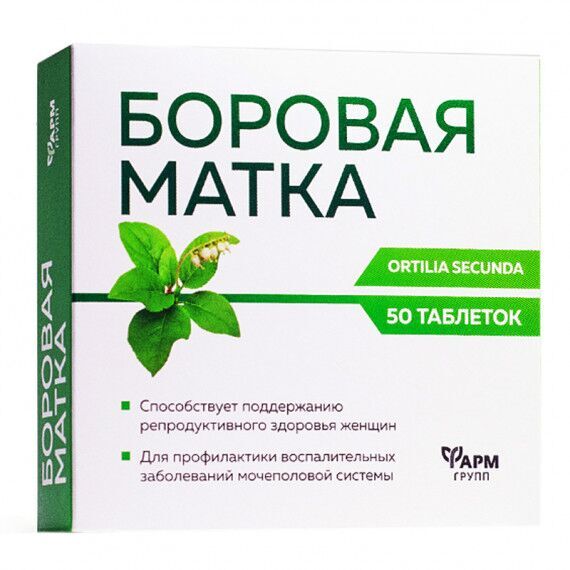Bee pollen is a kind of concentrate, which includes proteins, vitamins, minerals and amino acids. This product is closest to meat, eggs and dairy products in terms of the set of amino acids.
The nutritional value of bee pollen is approximately 215 kilocalories per 100 grams of product. Protein content – 13 g, fat – 1 g, carbohydrates – 39 g.
It includes:
- Vitamins:
- Retinol (A): improves vision, promotes bone strength and rapid regeneration of the skin.
- Thiamine (B1): normalizes the cardiovascular system, gastrointestinal tract, improves appetite.
- Riboflavin (B2): accelerates growth and regeneration of cells, normalizes the nervous system, is involved in metabolic processes.
- Niacin (B3): improves metabolism, reduces bad cholesterol, strengthens the nervous system.
- Pantothenic acid (B5): strengthens the immune system, improves brain function, participates in the normalization of metabolic processes.
- Folic acid (B9): improves hematopoiesis and protein synthesis, increases the body’s reproductive capabilities.
- Tocopherol (E): involved in the formation of red blood cells, normalize the nervous system.
- Biotin (H): involved in the synthesis of glucose, in the breakdown and synthesis of steroids and amino acids.
- Flavonoids (P): reduce vascular permeability.
- Ascorbic acid (C): lowers cholesterol levels, participates in the absorption of iron and calcium, strengthens the immune system, has a restorative effect, protects against free radicals.
- Minerals:
- Potassium: normalizes acid-base balance, normalizes the amount of sodium, improves cardiovascular function.
- Calcium: participates in the formation of bone tissue, normalizes the nervous and cardiovascular systems
- Sodium: normalizes blood pressure, participates in the production of digestive enzymes, has a beneficial effect on muscle and nerve tissue.
- Magnesium: reduces nervous excitability, is involved in bone formation, normalizes carbohydrate metabolism.
- Phosphorus: normalizes the cardiovascular and nervous tissues, hormones.
Rules for taking bee pollen
Bee pollen is taken as a dietary supplement and for therapeutic and prophylactic purposes. Experts advise taking it in an amount not exceeding two teaspoons without the top per day. It is recommended to mix bee pollen with honey in equal proportions.
The prepared mixture should be placed under the tongue and suck. The intake should be divided into two. Treatment should be carried out by courses: 20 days 3-4 times a year.
Doctors do not recommend taking bee pollen on an empty stomach. You should not drink liquids for another 30 minutes after taking it. At night it is not recommended: it has a marked tonic property.







Reviews
There are no reviews yet.